Parthenon Project: a new British campaign lobbying to revise British law to facilitate the return of the Sculptures
The return of the Parthenon Sculptures has been bolstered by a new campaign in Britain, the Parthenon Project, which is lobbying to revise British law on the return of antiquities to their country of origin.
"The new campaign changes the debate to some extent, because the Parthenon Project's argument is not just to transfer ownership of the Parthenon sculptures back to Greece. But in reality, there is a way to reunite the Parthenon sculptures in Greece and not discuss legal ownership," explains Lord Vaizey, Chair of the Parthenon Project.
Lord Vaizey, a former culture minister, explains to ERT why he changed his mind about the return of these sculptures: "If you're culture minister, you shouldn't really speak out about the Parthenon sculptures unless you are in full support the British Museum's position. Being out of step with the British Museum would be confusing. So, I'm afraid, you're freer to speak as a political person when you're out of government than when you're in government."
Professor Paul Cartledge, Vice-Chair of the British Committee for the Reunification of the Parthenon Marbles, places the increase in public interest and a broader political context of social understanding. 9In his presentation
As he says: "the debate seems to have evolved. In the past journalists reported the debate and now, they too see the merits of seeing the marbles back in Athens. A view that grows stronger each year, globally, and more so since 2009 with the opening of the Acropolis Museum."
The discussion organized by the Greek Observatory of the London School of Economics, entitled "Where best for the Parthenon Marbles? A panel discussion about the cultural repatriation of national treasures, inspired by the current status of the Parthenon Marbles." is one of the recent public debates on the return of the sculptures. And it was held on the occasion of the revision of the British law on the return of antiquities to their countries of origin. The first debate took place in the House of Lords on 13 October 2022.
"The law prevents the Brirish Museum from returning the Parthenon Sculptures to the Acropolis Museum. And the British Government has now realised its mistake in creating this vacuum. So we will try to close this gap by amending the current legislation. And if this doesn't work, we're going to have a debate in the House about whether it's the right thing to do. It could paradoxically become an opportunity to discuss this issue in a more intense way," added Lord Vaizey.
When ERT's correspondent Evdoxia Limperi asked whether the change in the law will make it easier for the British Museum to return the sculptures or wether it will be more difficult, Paul Cartledge replied: "It will be easier, because the issue is, that there is a need to change the law, and if you think everything is as it should be...... If we want to see the reunification of the Parthenon Marbles in this century, we need to change the law that will enable the British Museum to proceed with deacession, which is very sensitive. But that's the essence of changing the law."
The Department for Digital, Culture, Media and Sport has announced that it will complete the review of the bill within three to five years. During this time, it is estimated that the Greek request will remain in the news in the hope of strengthening it even more.
Reprting for ERT from London: Evdoxia Lymperi
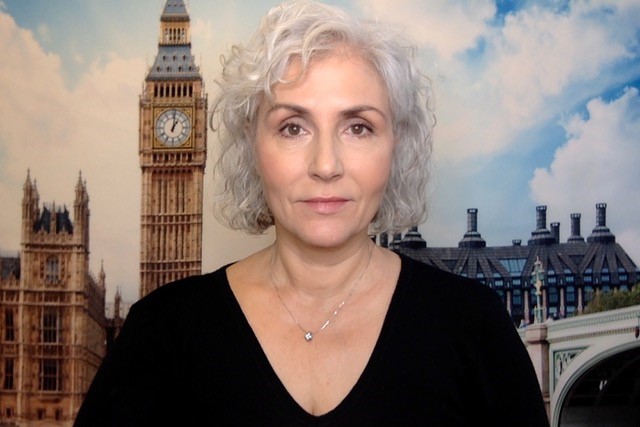

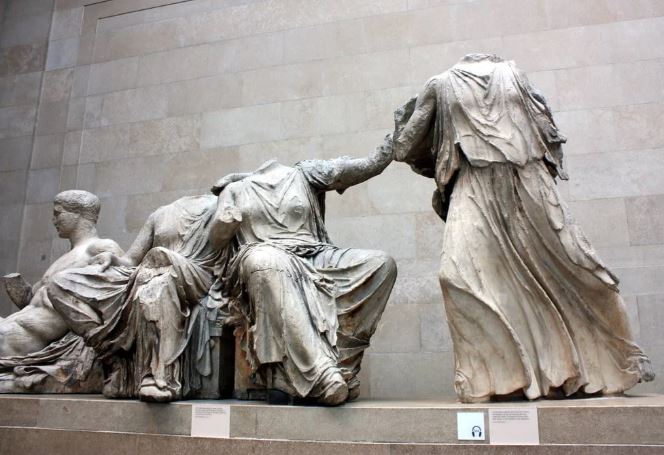
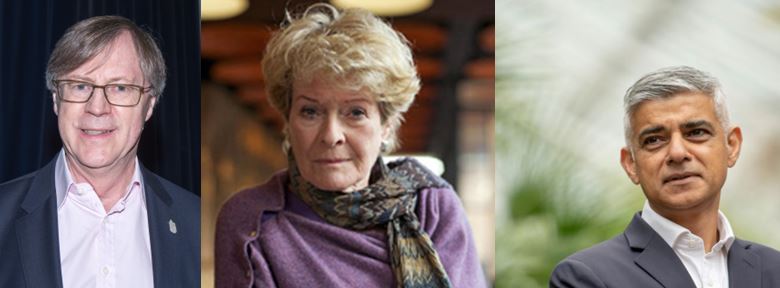
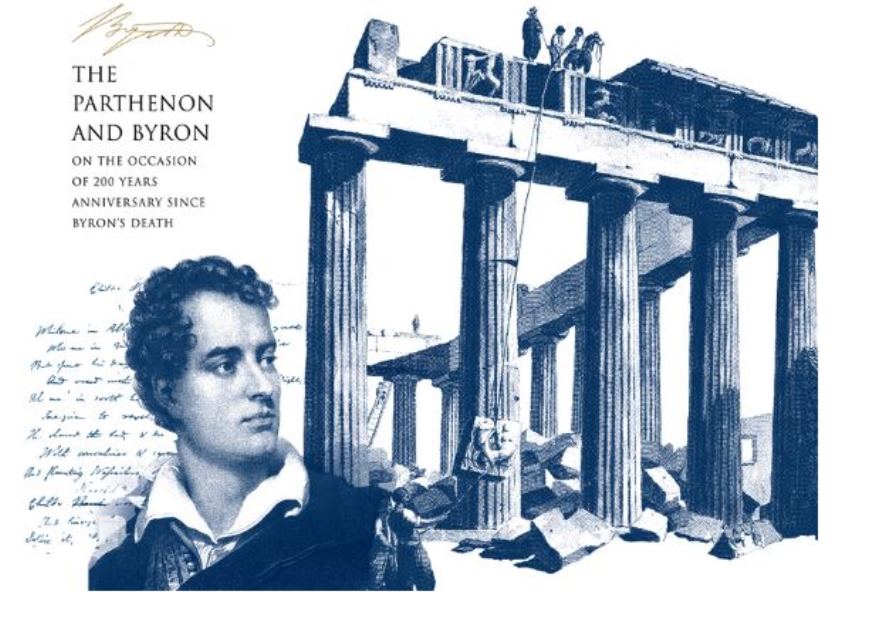
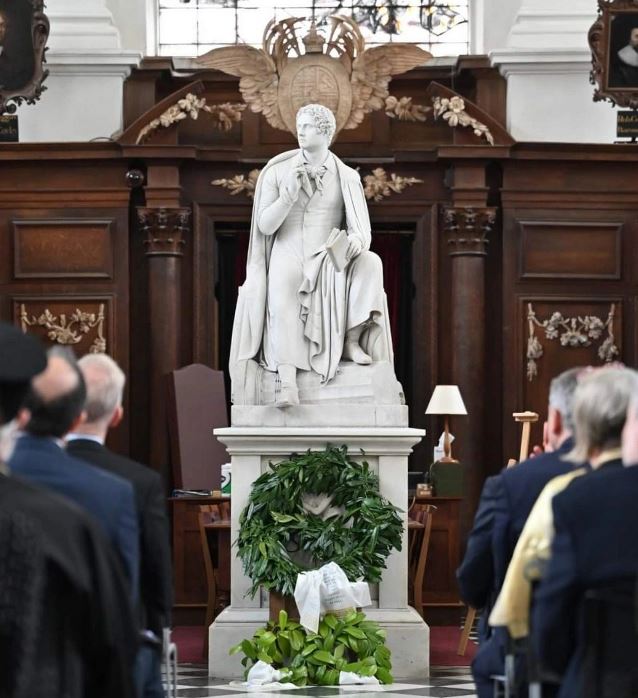
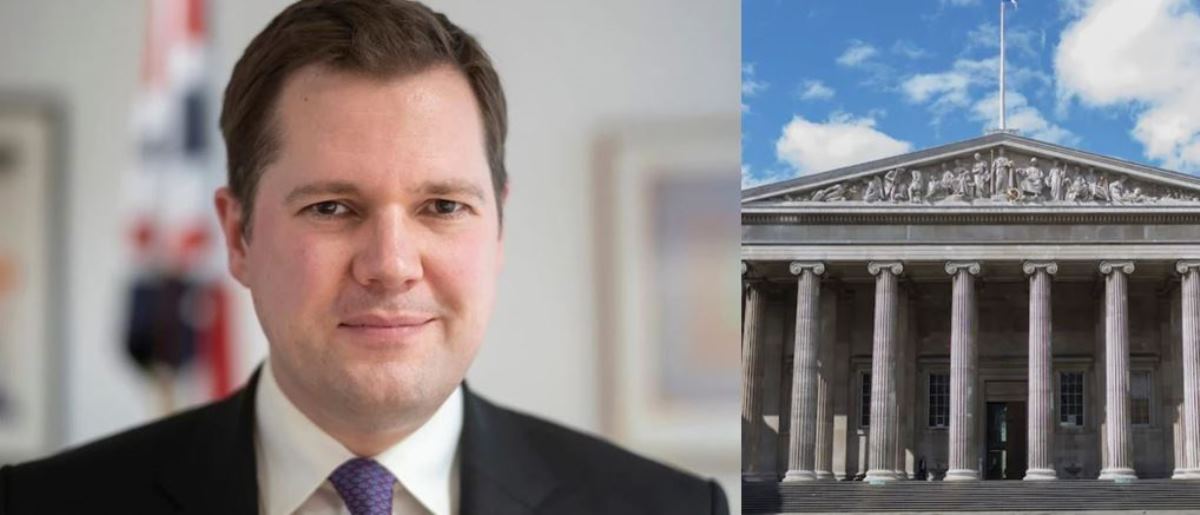
Comments powered by CComment